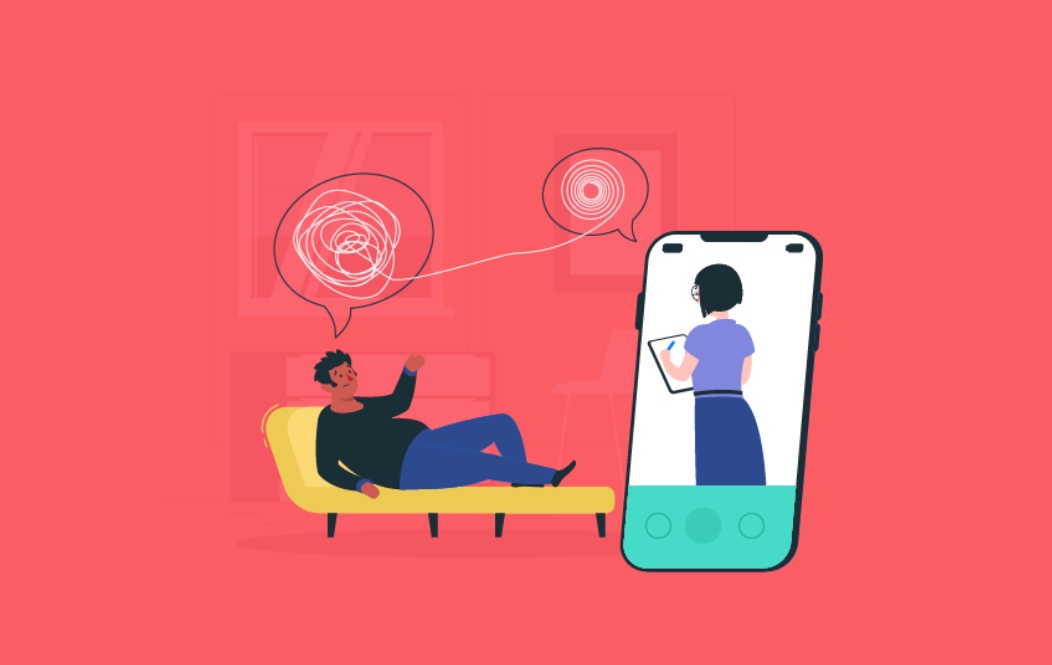In recent years, the landscape of mental health care has witnessed a transformative shift, with technology playing a pivotal role in making mental health resources more accessible than ever before. One of the groundbreaking developments in this realm is the proliferation of mental health therapy apps. These innovative applications leverage the power of smartphones and digital platforms to offer a wide range of therapeutic resources, support, and interventions. This article delves into the world of mental health therapy apps, exploring their benefits, features, challenges, and the future they hold in transforming the way we approach mental well-being.
Understanding Mental Health Therapy Apps
Mental health therapy apps are digital tools designed to provide users with a variety of mental health resources and interventions conveniently accessible via smartphones and other digital devices. These apps aim to address a diverse array of mental health concerns, ranging from stress, anxiety, and depression to mood disorders, sleep issues, and even more specific conditions like OCD and PTSD. Developed by a mix of mental health professionals, software developers, and researchers, these apps incorporate evidence-based therapeutic techniques, ensuring their effectiveness and safety.
Key Features and Benefits
-
Accessibility: Mental health therapy apps break down geographical and logistical barriers, granting individuals immediate access to therapeutic resources. This is particularly valuable for those who may be unable to attend traditional in-person therapy sessions due to various constraints.
-
Cost-Effectiveness: Traditional therapy can be expensive, deterring many individuals from seeking help. Mental health therapy apps often offer free or affordable options, making therapeutic support financially viable for a larger population.
-
Customized Interventions: These apps utilize algorithms and user data to tailor interventions to each individual's unique needs. This personalization enhances the relevance and effectiveness of the interventions provided.
-
Privacy and Anonymity: Many users appreciate the anonymity offered by therapy apps, allowing them to seek help without the fear of judgment. This can be particularly important in reducing the stigma associated with mental health challenges.
-
Diverse Approaches: Mental health therapy apps incorporate a wide range of therapeutic approaches, including cognitive-behavioral therapy (CBT), mindfulness meditation, dialectical behavior therapy (DBT), and more. This diversity allows users to find approaches that resonate with them.
Notable Mental Health Therapy Apps
-
Headspace: This app focuses on mindfulness and meditation, helping users manage stress, anxiety, and sleep issues through guided meditation sessions.
-
BetterHelp: Offering virtual therapy sessions with licensed professionals, BetterHelp facilitates one-on-one counseling, making therapy accessible from the comfort of one's home.
-
Calm: Known for its relaxing content, Calm provides guided meditation, sleep stories, and breathing exercises to alleviate stress and promote relaxation.
-
Woebot: Woebot employs artificial intelligence to deliver CBT-based interventions and support for managing mood and anxiety symptoms.
-
Talkspace: Similar to BetterHelp, Talkspace connects users with licensed therapists, enabling text, audio, and video communication for therapy sessions.
Challenges and Considerations
-
Efficacy and Quality: While many mental health therapy apps offer evidence-based interventions, the quality of interventions can vary. It's essential for users to choose apps backed by reputable research and mental health professionals.
-
Lack of Human Interaction: While some apps offer interaction with professionals, the absence of in-person, face-to-face human interaction can be a drawback for some individuals who prefer the personal touch of traditional therapy.
-
Data Privacy and Security: The sensitive nature of mental health data raises concerns about data privacy and security. App developers must ensure robust security measures to protect user information.
The Future of Mental Health Therapy Apps
As technology continues to advance, the potential of mental health therapy apps is boundless. Innovations such as virtual reality therapy, artificial intelligence-driven interventions, and more sophisticated personalization algorithms could redefine how we approach mental well-being. However, it's important to strike a balance between technology-driven solutions and the irreplaceable value of human connection in therapy.
Conclusion
Mental health therapy apps have ushered in a new era of accessibility and convenience in mental health care. With their ability to provide personalized interventions, offer cost-effective solutions, and break down barriers to seeking help, these apps are making a significant impact on how individuals manage their mental well-being. While challenges exist, the ongoing evolution of technology and a growing emphasis on mental health awareness ensure that mental health therapy apps will continue to be a powerful tool in promoting overall psychological health and wellness.


No comments yet